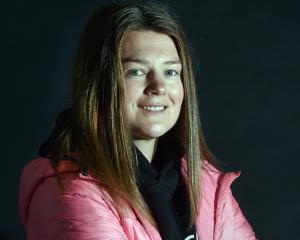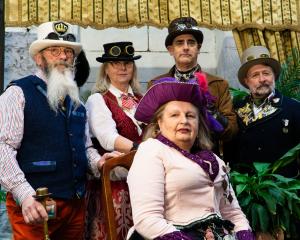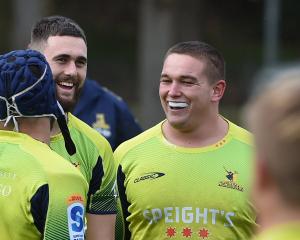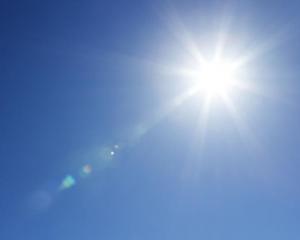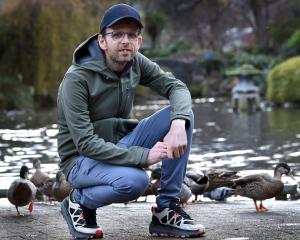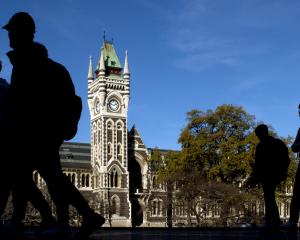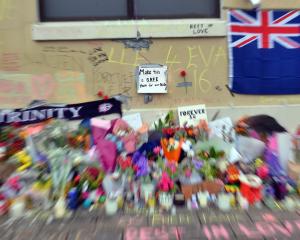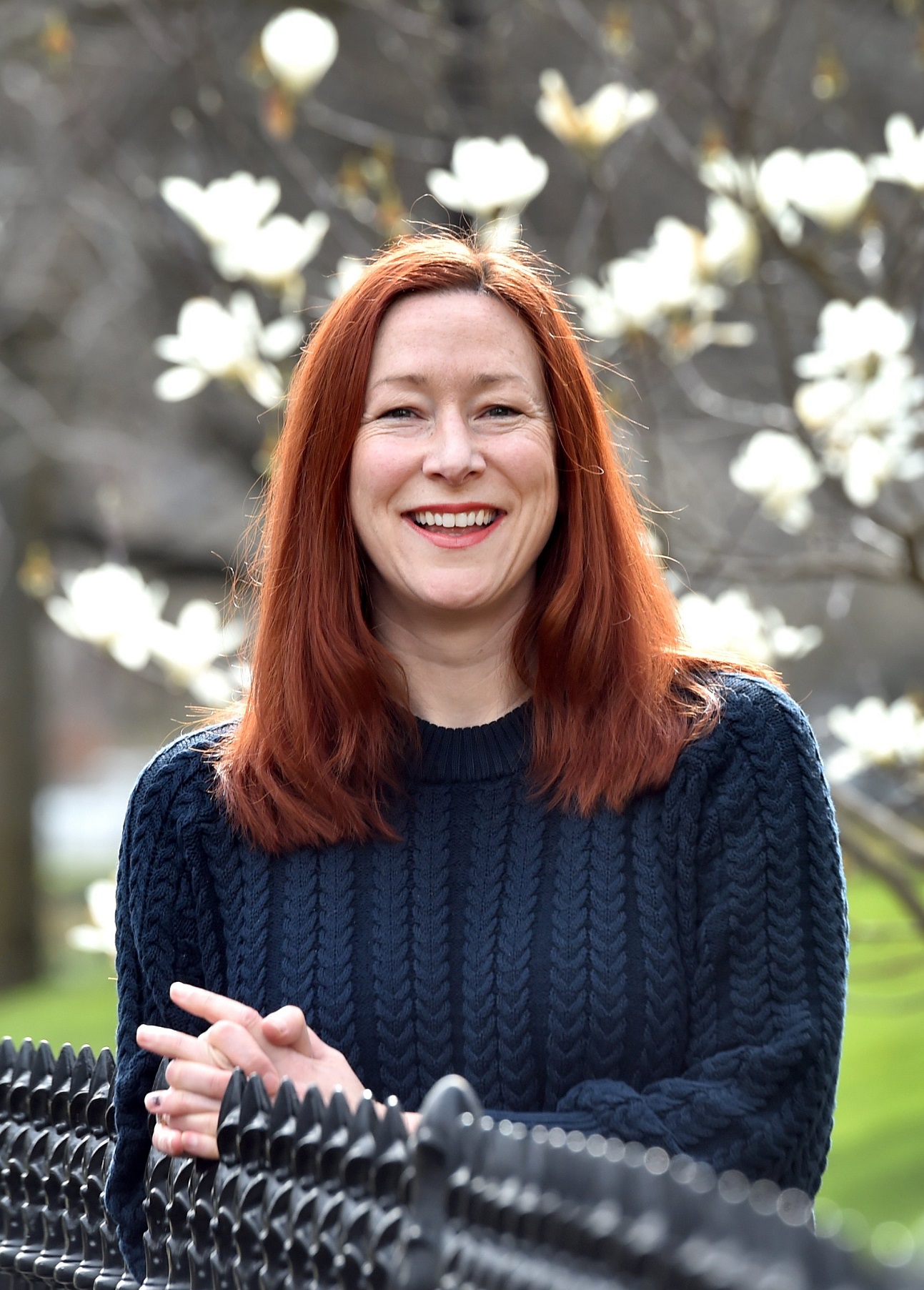
From following in the footsteps of a Hungarian wolf to creating secret path adventures, writer Dr Kathryn van Beek is having a "magical" year.
Always one to have a range of projects on the go, as well as juggling a fulltime job, van Beek has been revelling in the opportunity to take on more projects and write fulltime as the Robert Burns Fellow.
From short stories, essays and plays to children’s books, podcasts and film projects, van Beek, who has a master’s degree at Victoria University’s Institute of Modern Letters and completed the fiction writing course at The Creative Hub, is happy to try them all.
Her love of writing goes back to her childhood, but she did not realise how far back, until she was approached by a writing school in Christchurch she attended many years ago. It was contacting former pupils for an anniversary project.
" I’d completely forgotten I’d ever attended these classes."
Possibly through the school, she was connected with Daughters of Heaven author Michelannne Forster and it was through her influence that van Beek began writing plays.
She had plays performed around the country such as The Language of Angels, an Auckland Theatre Company commission in 2004, and Indiscretions for Bats Theatre, Silo Theatre and Maidment studio in 2002. She was one of the winners of the New Zealand Young Playwrights’ Competition 2000 and 2001.
"I loved that. A couple of years ago I got to make a podcast . . . it was really nice working with actors and being part of a production again."
The pressures of needing to earn an income made van Beek move away from writing.
"Playwrighting wasn’t really practical but writing short stories was something I could work around my job, so I got back into writing again by writing short stories."
Short stories have their own challenges as every word counts.
"There is no room to hide, I guess."
Her short stories have appeared in Headland, Hue and Cry, takahē and she won the 2015 Headland Prize for her short story Frangipani and also won the Mindfood Short Story Competition.
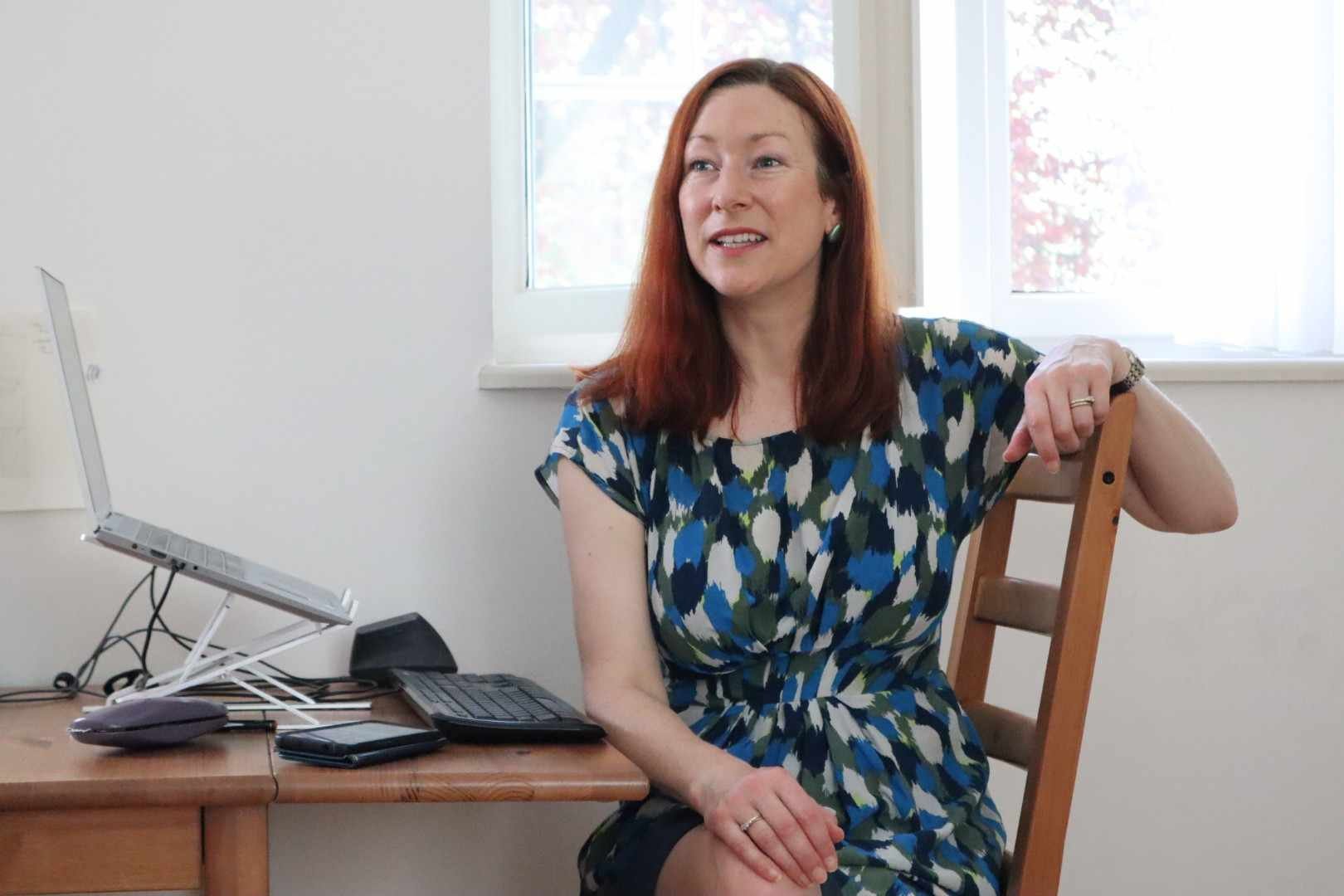
"We’ve got some really good journals in New Zealand like Landfall and takahē and there are plenty of others, so you’ve got opportunities to get your work out there without having to go to the effort of producing a play."
A few years ago she put out a collection of short stories, Pet, in which all the "dark and humorous" stories somehow relate to an animal.
"They’re a big theme for me."
Van Beek became famous, or, more correctly, her cat, Bruce, did. She rescued Bruce as a barely alive newborn kitten and documented his survival on Facebook. Nearly 40,000 followed his journey. In the end she also wrote two children’s books about Bruce, who has now retired from the limelight.
Writing children’s books is not something she thought she would do.
"At the time I was trying to get myself off the ground as a writer a bit more so I was thinking of ways I could merge the audience I had with the cat with my writing.
"It was a magic time for a couple of years, putting out the books and visiting schools. I still do the occasional school visit which I love. I’ve got a little cat box and little toy cat."
Her fellowship "project" is to finish her second collection of short stories.
"I wanted to experiment with still talking about important themes but a little bit lighter. So the working title is Delight."
Van Beek, who moved to Dunedin seven years ago from Auckland for "fun", had never written fulltime until the fellowship provided the opportunity this year.
"I’ve always written around jobs and things. This has been amazing. I always have lots of projects on the go and a job so to just have a portfolio of projects is really exciting."
It had always been hard to fit writing around a day job given her "freshest" hours were when she was at work.
"It can make it hard to prioritise. When you have to go work and have to deal with other life stuff and responsibilities it can be the first thing to drop off. So it’s amazing this year writing is my job; it is my responsibility.
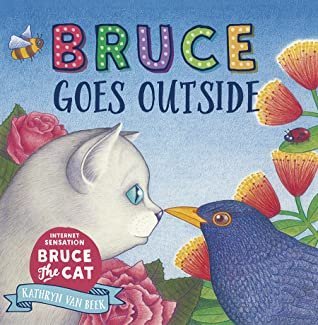
She has found her work going in directions she never thought when she started the fellowship.
"If I had been working this year I wouldn’t have been able to take those new projects on."
In the first half of the year she kept office hours and then she had the opportunity to go to Hungary for a writing residency through the Hungarian Writers’ Residency programme and Winston Churchill McNeish Fellowship. On her return she decided to be a bit more flexible and work from home as well.
"This whole year has been magical."
She had never been to Hungary before and found it to be a beautiful country. She spent a few days in Budapest before moving to a city in the south of the country, Pecs, which is a similar size to Dunedin.
"One of the things which really struck me about Hungary is [it is] infused with arts and culture — it’s everywhere. It’s a matter of national pride."
One of the projects she did there was follow in the footsteps of a wolf she had heard about from a Hungarian colleague before she travelled there for an essay.
"So I ended up going to this region, Zemplen, in the north, and wandering through forests and learning about wolves was really interesting. It was nice to have a reason to dig a bit deeper below the surface."
Being in a place with such a long human history was also fascinating, and the people were really friendly.
Given the variety of genres van Beek has written in, she has recently concluded the best way to describe herself is as a multidisciplinary writer.
"I never knew how to refer to myself as I’m always working on all sorts of different things — articles, web series and a screen project on the boil."
Her most recent interest is in personal essay writing.
"I read a lot of what you could consider personal essays and I love reading them. You get a glimpse into someone else’s life and thoughts and I’ve found them quite a creative genre even though they are factual. They’re creative non-fiction. You can go off on all these tangents within a single essay.
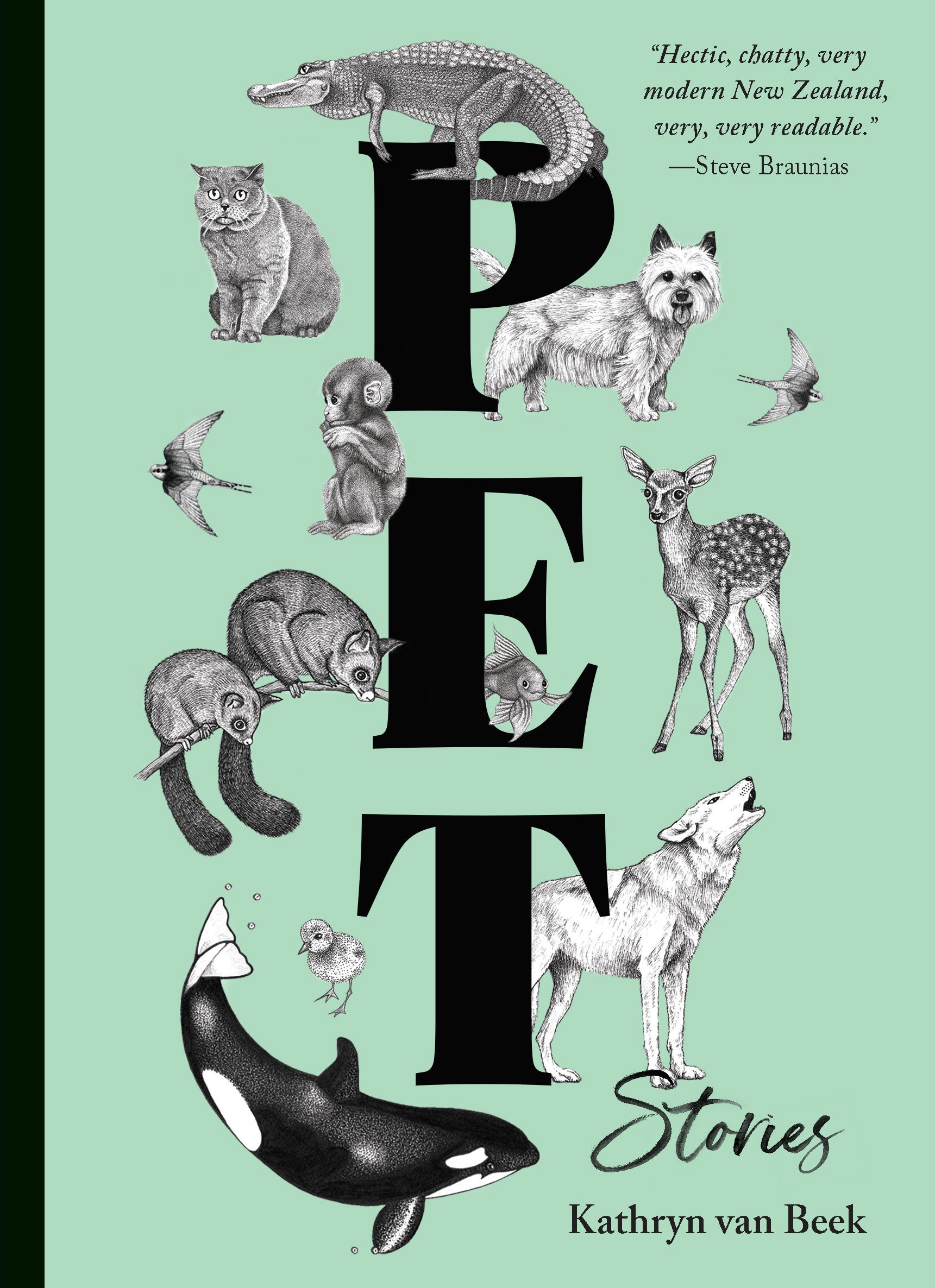
A recent essay she wrote was Who shot the last huia? about uncovering some family history through an uncle who may or may not have participated in the extinction of the huia and possibly the near extinction of the humpback whale.
Another one called Going Dutch was about being half Dutch and trying to work out what that means. At the time she could not afford to travel to the Netherlands but was able to go to Bali where she looked for remnants of the Dutch occupation there.
"As you can imagine it wasn’t good, what I found."
What is interesting about an essay, she finds, is that people are often following the writer’s journey as they work out what they think.
"A lot of writers say they write to make sense of their own lives or work out what they really think about things."
The essay about the whales and huia took her on a journey she did not envisage when she started out as it was initially just about huia.
"It also touched on fashion. You learn so much when you are going down all these different tangents."
When on those voyage of discovery the trick is to make it as interesting for the reader as it is for yourself, she says.
Putting her life out there is new for her. Until recently she has been writing fiction.
"At the end of the day you can choose what you put out there. I’m probably more worried about the privacy of the people I’m talking about."
She always makes sure anyone mentioned in an essay is happy with what she has written before she puts it forward for publication.
It can feel exposing, especially when writing about things close to her heart such as miscarriage, so she used a pseudonym for that.
A counsellor suggested she write about her experience as an exercise to help her organise her thoughts and process the emotions but once she stared writing she wanted to continue doing so for a while as she realised it was something that did not get talked about a lot.
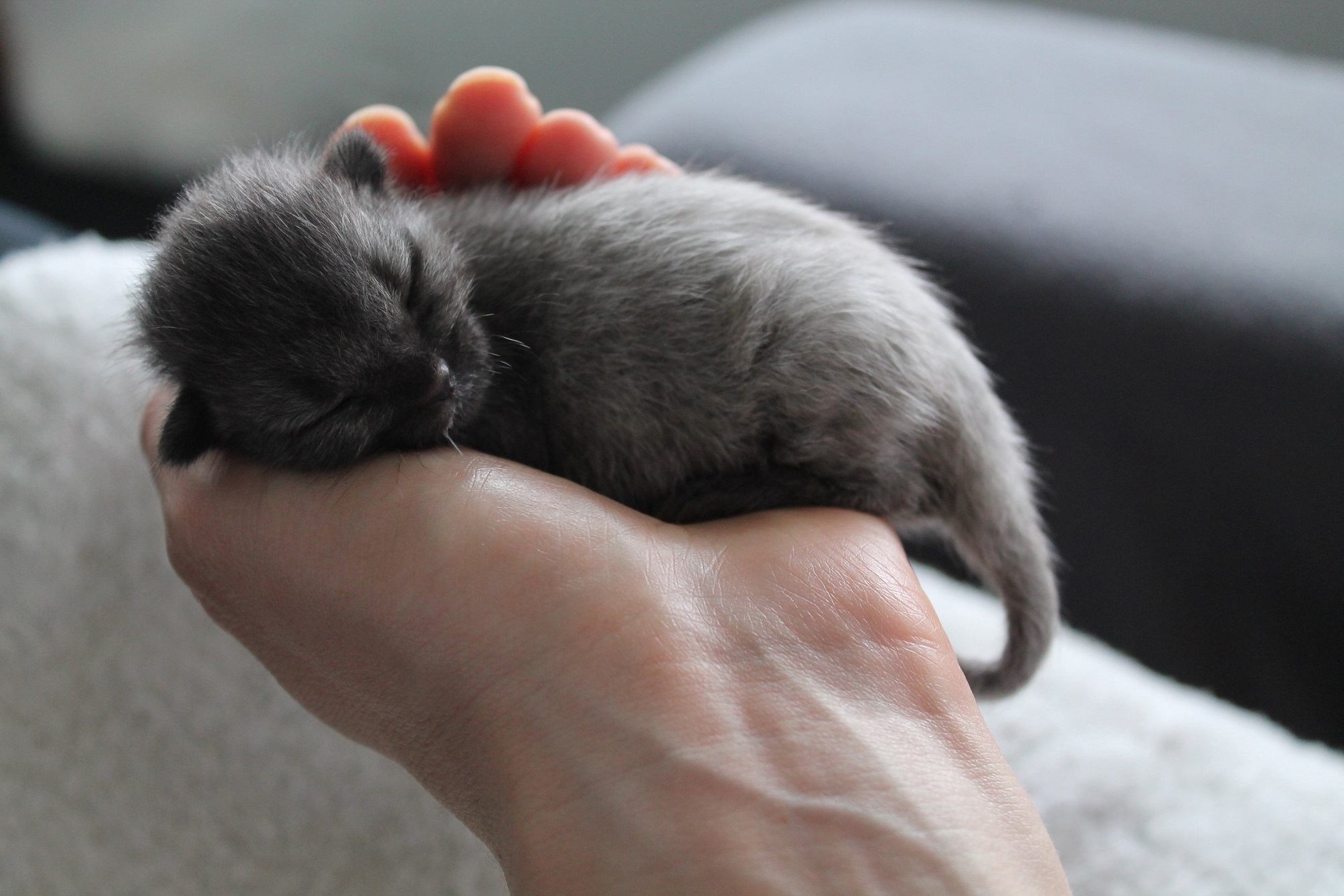
It is another reason she likes essays as they can help break down barriers and taboos.
"When you read about other people’s difficult experiences and you think ‘oh, I’ve gone through that too or something similar, or my friend did’."
One of the projects van Beek is working on is called Otherhood. She is co-editing, with two others, a series of essays from an open callout for people to write about their experiences not being a mother, whatever it meant to them.
"We’ve had an amazing response; we could release two books of really good essays on this topic. It’s something that doesn’t get talked about a lot but a lot of people have that experience. We were really surprised by the many different ways people think of themselves as being in the ‘Otherhood’ category."
Van Beek has also been working on a secret path adventure. She was drawn to the form because it became apparent during the pandemic how little control people really have over their own lives.
"I wanted to explore ideas around chance and agency. This year I’ve been editing the manuscript and I’m now working with a local photographer to put the story online."
The story was shortlisted for the Laura Solomon Prize.
"In true secret path adventure style there are a variety of potential endings, including being swallowed by quicksand."
The icing on the cake this year is being awarded a doctorate of professional practice from Otago Polytechnic, on the topic of using writing as a tool for positive change.
She has plenty of projects on the go for the rest of the year and ideas for the future.
" I feel like once I have finished I’ll be in such a good position to continue writing because I’ve developed all these projects and ideas during this amazing year. It takes a long time to bring a writing project to fruition."
Van Beek is heading back to her day job after the fellowship ends.
"It’s hard to express how enriching this year has been, how meaningful it is."


